You are here
New Releases
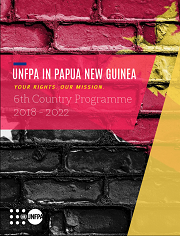
UNFPA IN PAPUA NEW GUINEA: 6th Country Programme 2018 - 2022
UNFPA in Papua New Guinea (PNG) will focus on a measurable reduction in preventable maternal deaths through increased access to sexual and reproductive health services particularly for women, adolescents and youth.
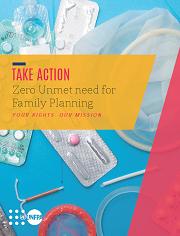
TAKE ACTION: Zero Unmet need for Family Planning
Investing in voluntary family planning is one of the smartest decisions that governments can take.
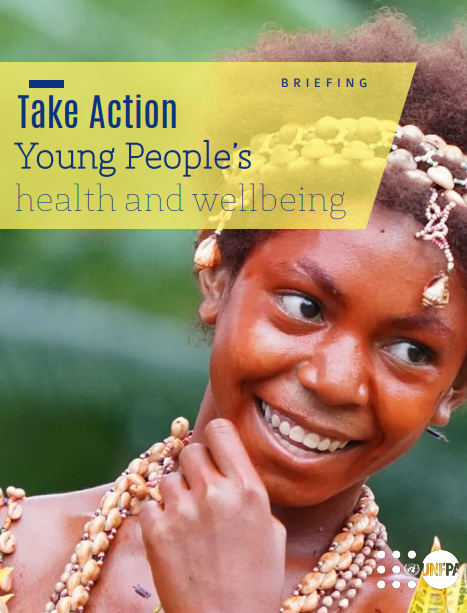
Take Action: Young People’s health and wellbeing
Well-being education programmes build the resilience of children, adolescents and young people, empowering them to relate to others with respect, to make and carry out responsible decisions, and to deal effectively with change and challenge. These programmes are called “life skills” because they are important to learning outcomes, well-being, future employability and healthy adult relationships.
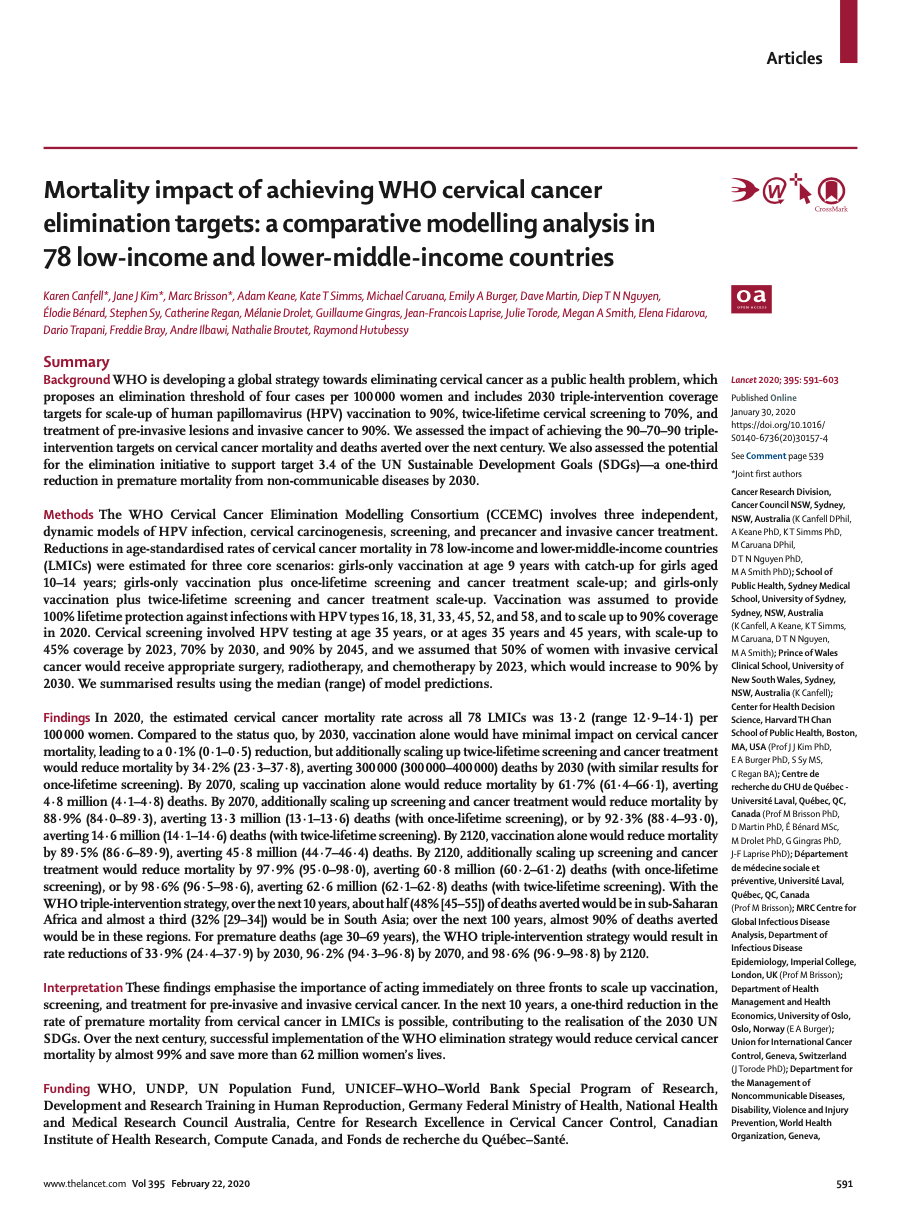
Mortality impact of achieving WHO cervical cancer elimination targets
WHO is developing a global strategy towards eliminating cervical cancer as a public health problem, which proposes an elimination threshold of four cases per 100,000 women and includes 2030 triple-intervention coverage targets for scale-up of human papillomavirus (HPV) vaccination to 90%, twice-lifetime cervical screening to 70%, and treatment of pre-invasive lesions and invasive cancer to 90%. We assessed the impact of achieving the 90–70–90 triple- intervention targets on cervical cancer mortality and deaths averted over the next century. This study assessed the potential for the elimination initiative to support target 3.4 of the UN Sustainable Development Goals (SDGs)—a one-third reduction in premature mortality from non-communicable diseases by 2030.
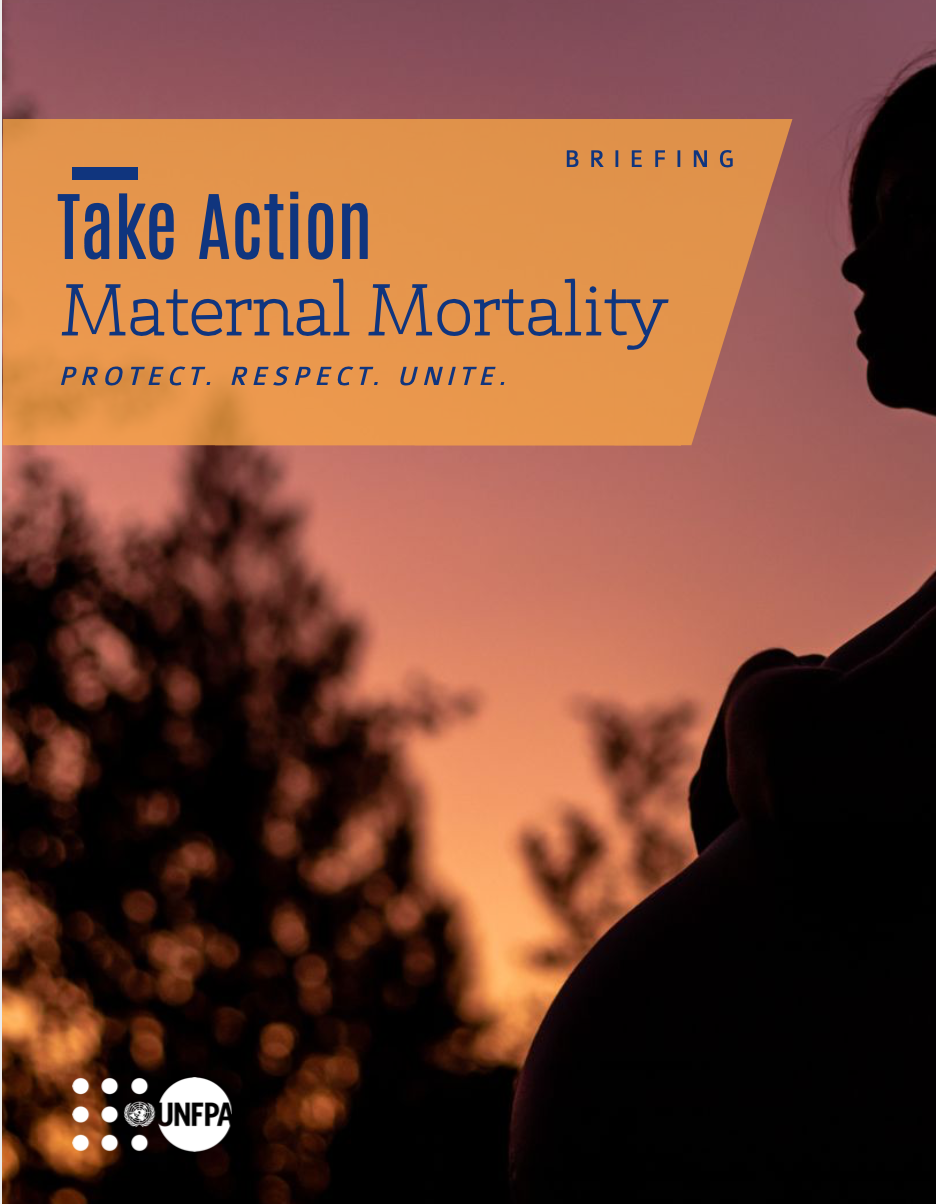
Take Action: End Maternal Mortality
Ending preventable maternal mortality is an unfinished agenda. While maternal deaths decreased by 35% worldwide since 2000, around 79,000 women still die every year from largely preventable causes in Asia-Pacific alone.
In recent years, Papua New Guinea has been struggling to improve reproductive and maternal health for women. Latest data available paint a complex picture, where limited progress has been achieved in the past decade. Despite an increased availability of midwives, the country lags behind on indicators such as antenatal care, deliveries in health facilities and family planning, while the number of skilled birth attendants seems to have decreased in recent years. In addition to the poor availability and quality of key health services, estimated high levels of out-of-pocket expenditures for health appear to be further contributing to a decrease in health service utilization.
Maternal health is a top priority for the Government of Papua New Guinea and this is evidenced in the Government’s National Health Plan 2011-2020. This brief details a ‘Roadmap’ with key activities to eliminate preventable maternal mortality and morbidities in the country.
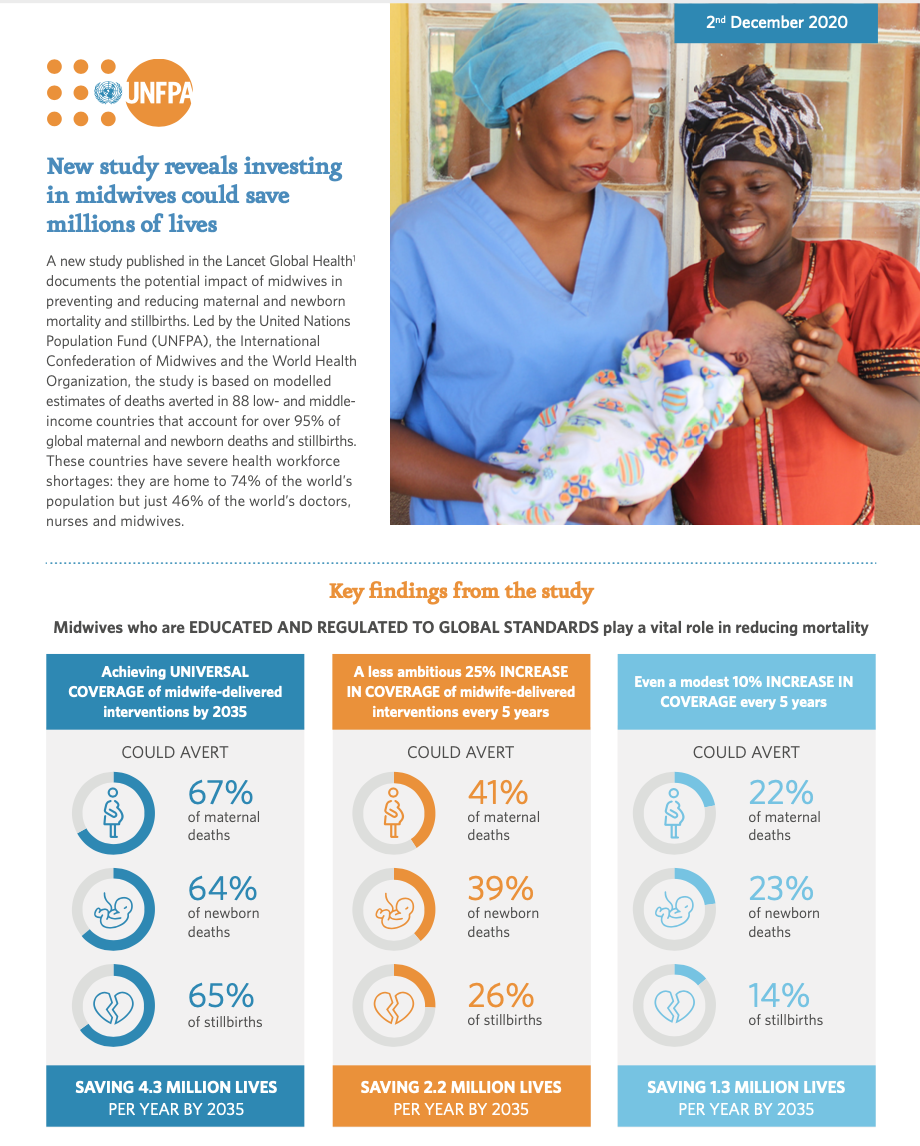
New study reveals investing in midwives could save millions of lives
This new study published in the Lancet Global Health, documents the potential impact of midwives in preventing and reducing maternal and newborn mortality and stillbirths. Led by UNFPA, the International Confederation of Midwives and the World Health Organization, the study shows that midwives who are educated and regulated to global standards play a vital role in reducing mortality.
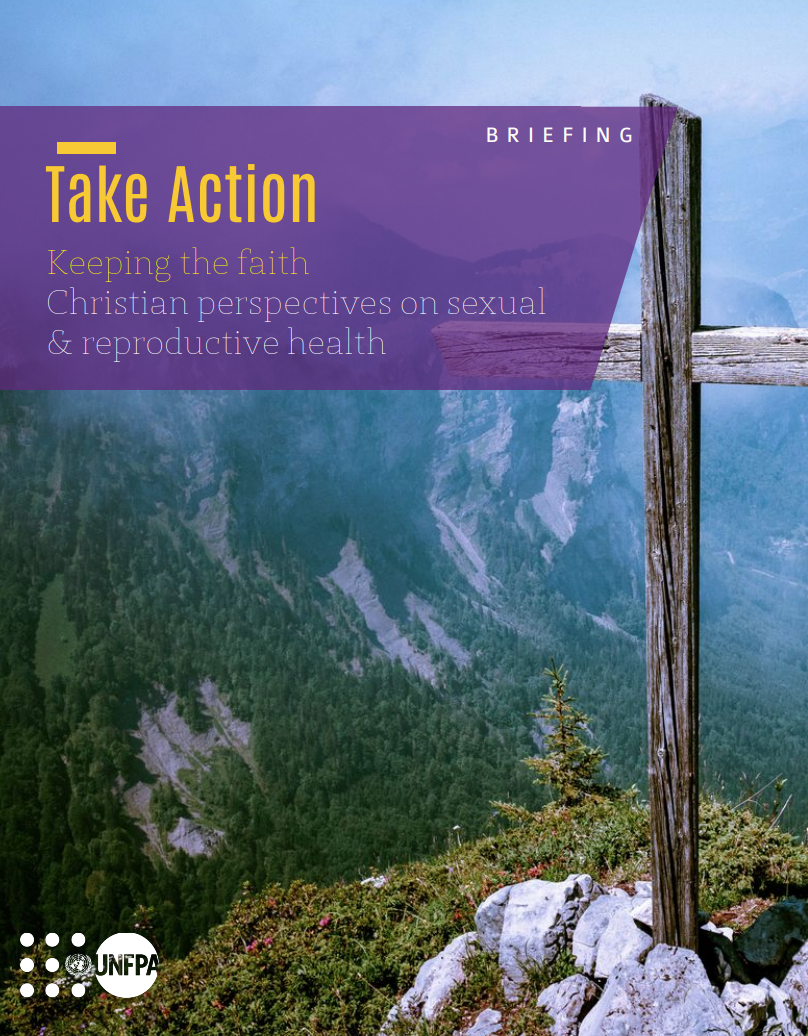
Keeping the Faith: Christian perspectives on sexual and reproductive health
Sexual and reproductive health matters can generate strong feelings that can provoke disagreements. But, what unites people are common positions on basic human needs, aspirations and values of human dignity. This brief helps us understand Christian perspectives on sexual & reproductive health. It has been compiled by religious leaders, theologians and human rights experts.
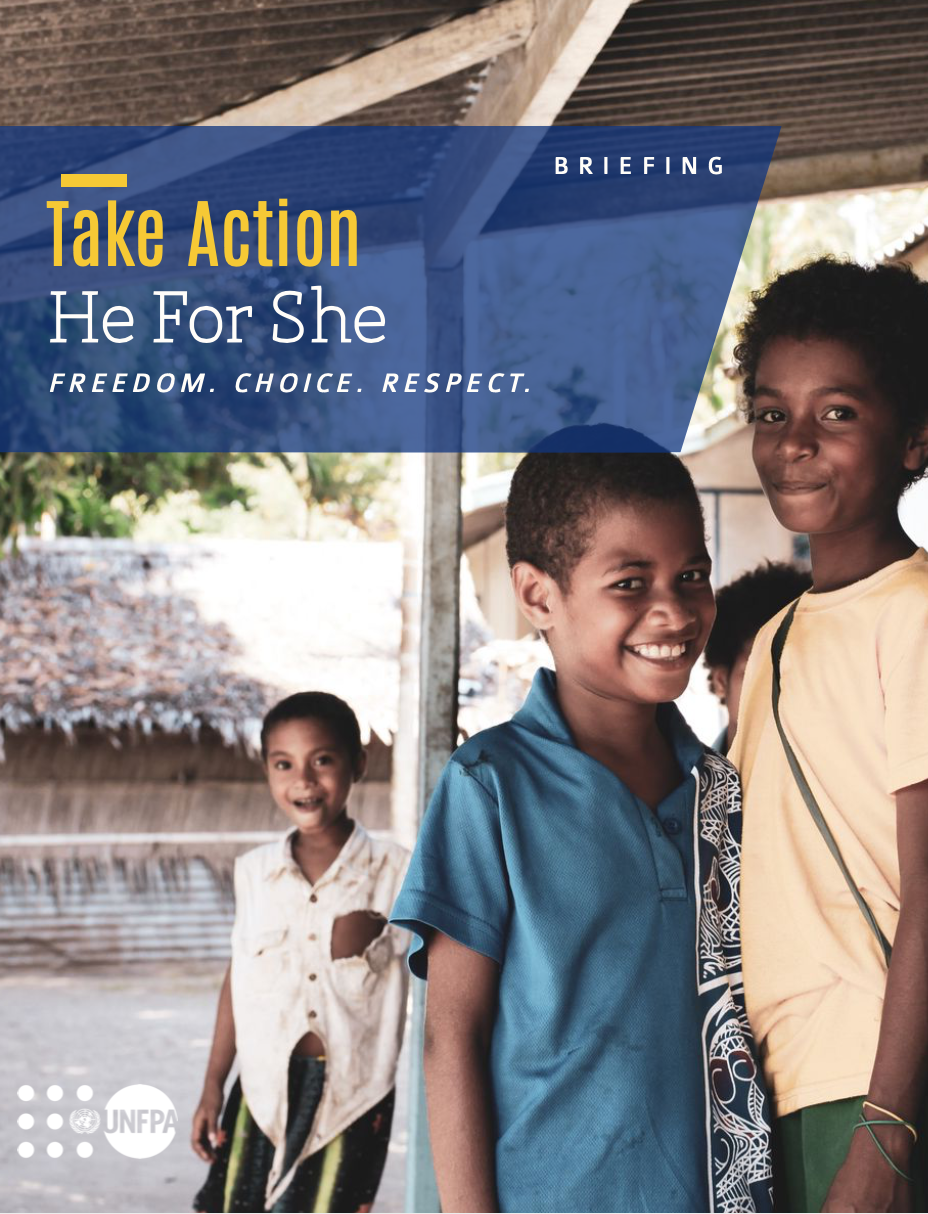
Take Action: He For She
The magnitude of gender-based violence in Papua New Guinea is of epidemic proportions and continues to be a major human rights violation.
The problem is exacerbated by cultural and traditional practices and beliefs that have been misinterpreted to discriminate against and violate the rights of women and and adolescent girls in society. There is also a culture of silence and acceptance around gender-based violence.
It is largely men and boys who perpetrate violence against women and adolescent girls and they have a critical and important role to play in the ending violence. Read more to find out how.
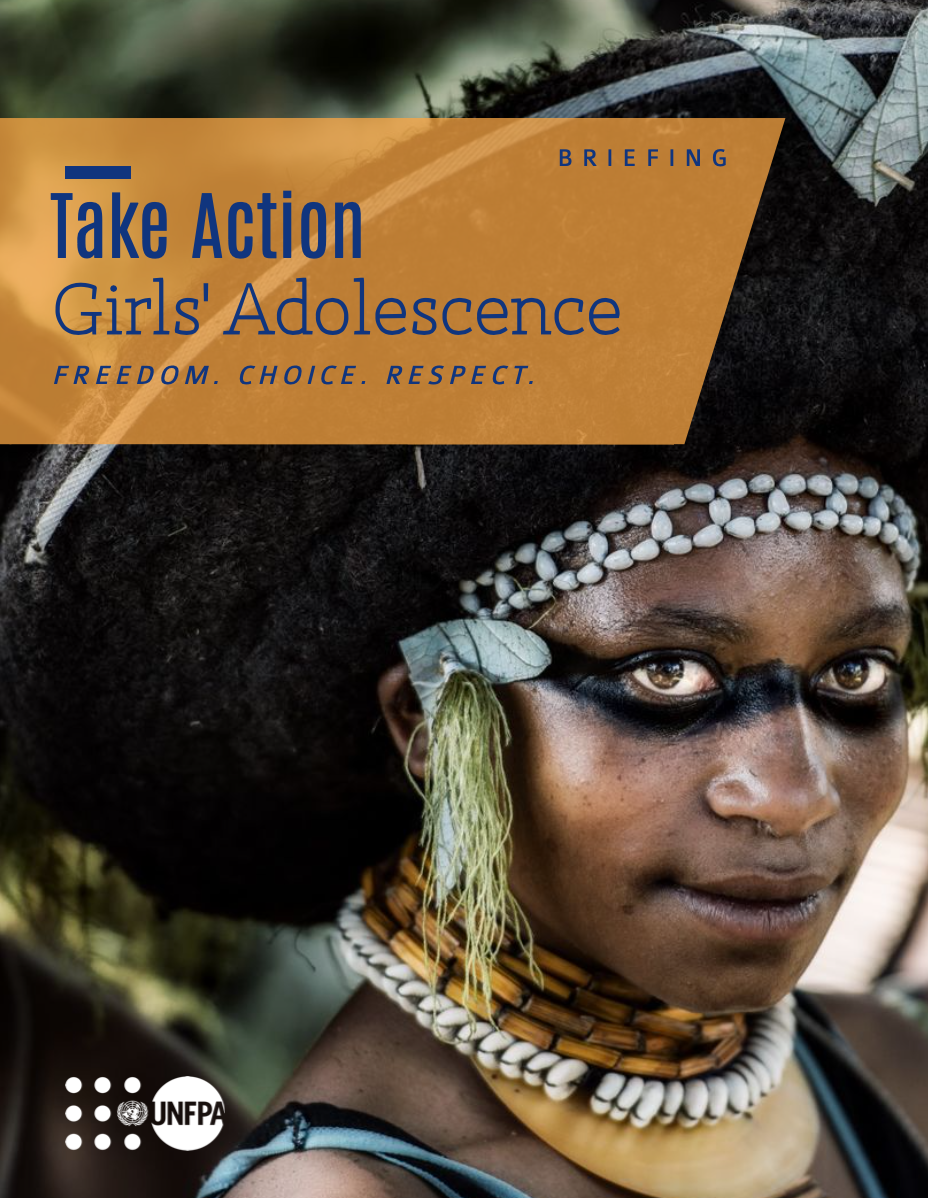
Girls' Adolescence: How can we ensure girls' have choice, freedom and respect?
Adolescence is a time of vast transformation. It is a time of rapid physical, social and emotional change. It can be empowering and exciting, but it is also a time when inequality is intensified.
During adolescence, dominant gender norms which undermine and devalue girls are formed and the power imbalance between girls and boys is defined. This often results in oppression, discrimination, and violence against girls.
Girls are often denied equal opportunities, including education and participation in social activities. They are expected to be domestic and look after the house and the family, which interrupts schooling and impairs important social friendships.
Adolescence is a unique time and critical for forming and enacting values and social norms. We must recognise that adolescent girls are a distinct group that require distinct support - not just for them, but also for future generations.
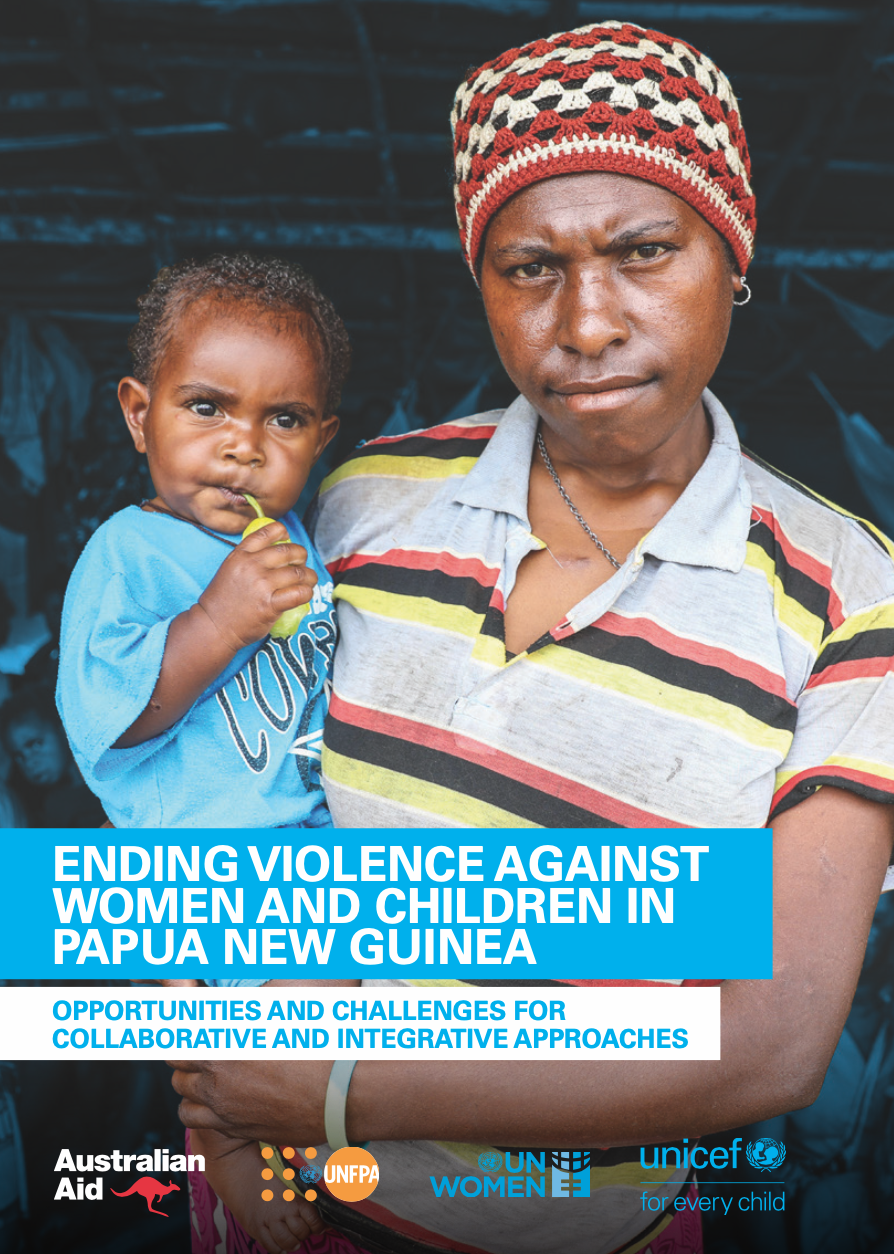
Ending Violence against Women and Children in Papua New Guinea
Violence against children and violence against women affect the lives and welfare of millions of people around the world. Women and children in Papua New Guinea suffer high levels of violence. The multiple negative sequelae of this violence can be long-lasting throughout the lifespan and across generations as well as impacting on individuals, relationships, communities, and broader society. This study, commissioned by UN Women, UNICEF and UNFPA, explores existing examples of collaboration and integration of policies, services, and programmes related to ending violence against women.